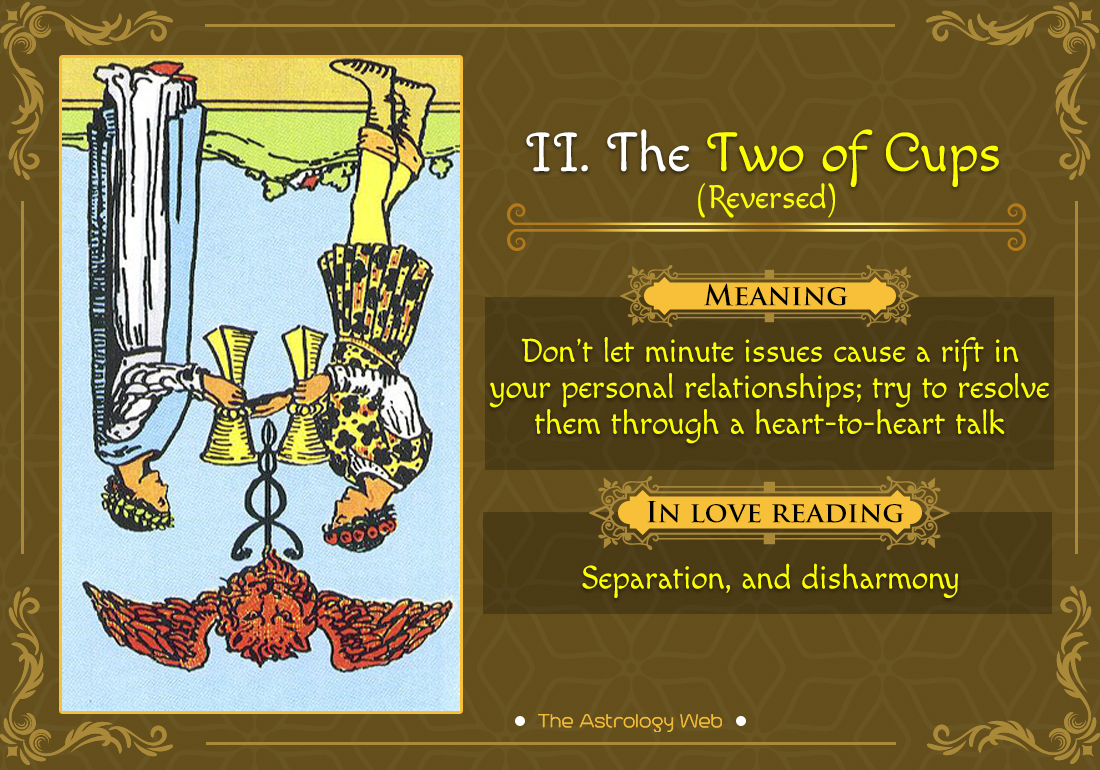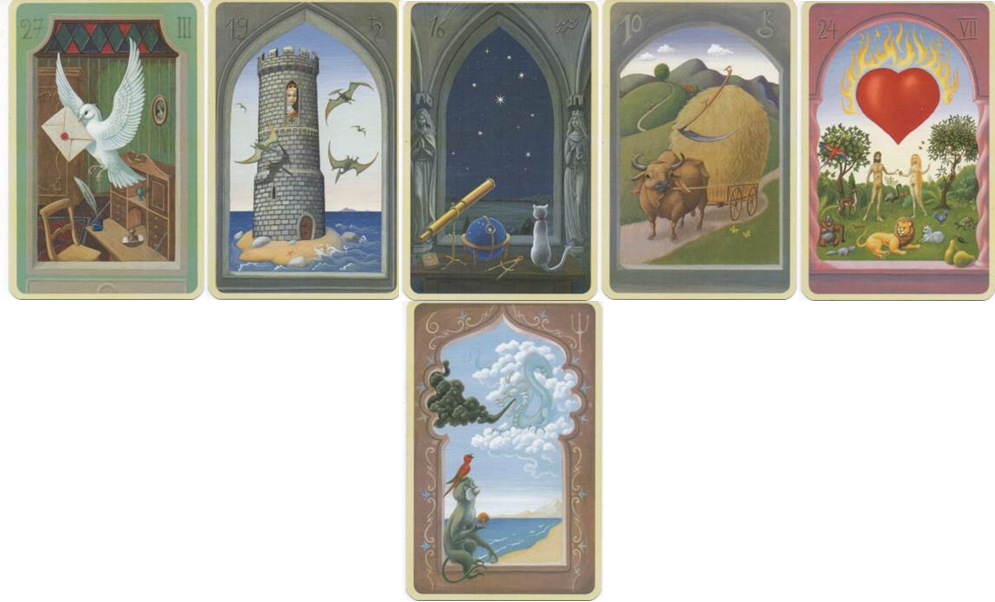
Choosing which hand for palmistry is an important decision, especially when it comes to identifying which zodiac sign is right for you. There are four types, each based on the elements that define the Zodiac sign. The lines and shapes of your hand can provide insights into your personality, as well as provide clues to your future.
Your palm's shape is the most important thing you should know. Your birth sign will be determined by your palm's shape. A square palm means you are an earth sign. An extended palm indicates that you are a fire signs. Your palm shape also depends on how your fingers shape. Water hands, on the other hand, have a narrower appearance with soft palms and long fingers. Water hands are known for having creative talent and emotional appeal.
Another palmistry tip is to know which finger represents your lucky number. If you have more lucky numbers than one on your palm, this is a sign that it's not ready for a relationship. However, if you have a thumb and little finger with equal numbers of lucky numbers, you're in luck! The palm is also a great indicator of your astrological sign.

There are five main lines to a hand. The palm's top line, called the heart, is located in the middle of the hand. Its meaning is derived from the length, shape, and color of the line. The next line, or the marriage line, begins directly under the little finger. This line is also called the love line. This line is also an indicator of your love for your partner.
Your financial health is indicated by the money line. It runs from your wrist to your middle finger. A straight line indicates good money management skills, while a waved line can indicate problems with your money. This line could also indicate bad luck when it comes to money.
The Mount of Mercury (located below the pinky) is associated intelligence and communication. It's also associated with adaptability. The Mount of Apollo is located under the ring finger and is associated with optimism, dynamic essence, artistic inclinations, and optimism.
The Mars, Mercury and Venus mounts are associated with the following qualities: resilience, dynamic essence and artistic inclinations. This mount is also indicative of a person’s potential success. Venus and Mercury's mounts are associated also with romance.

The content of a person’s relationships is indicated by the heart line located below the index finger. It is also a sign that a person can communicate well. This is also the smallest among the five lines.
On the other side, mounts of Mercury, Apollo and Mars indicate a person’s potential success. This mount also indicates a person's creative abilities, as well as artistic inclinations. It's associated with a ruddy look.
The hand of right represents your present life. The hand on the left represents your past. You should take into account the dominant hand, left hand and non-dominant palmistry hands when choosing which hand to use.
FAQ
What are observation hobbies exactly?
Observation hobbies can be activities that you watch people do. They might include watching sports, reading books, going on holiday, etc. It could also be observing other people as well.
Observation hobbies are great because they help you learn how to think creatively. This knowledge will be useful later in your work for others and yourself.
You'll discover that it's easier to learn if there's a passion for something.
For instance, if football is something you are interested to know about, you can watch the game or read a book. You could visit or take part in exhibitions if you are interested in learning more about photography.
If you enjoy playing music, you could play along to songs online or buy a guitar.
You could also choose to cook at home or go to restaurants if you are a good cook.
You could also grow flowers or vegetables if you enjoy gardening.
If you like dancing, you could join a dance class or go out with friends.
If you love painting, you can paint pictures.
If you love writing, you might be interested in writing poems and stories.
Drawing pictures is a great hobby.
If you love animals, you could look after pets or work at a zoo.
If you like science, you could study biology, chemistry, physics or maths.
History is something you might enjoy if you read books, watch movies, or listen to podcasts.
If you enjoy traveling, you can travel around the world or just explore your own area.
What are educational hobbies, you ask?
An educational hobby can be defined as an activity in which you learn something through doing it. You could choose to learn how to play an instrument or play sports.
It should be enjoyable and fun for you. It doesn't have to be done all the time. However, if you get bored of it, you should think about other things you can do instead.
You also want to ensure you're not spending too much on these activities because they can end up costing you more than they're worth.
How can I find a hobby for myself?
When you first start your journey into finding a hobby, you may feel like you've got nothing to choose from.
You might think, "I'm not very talented," "I struggle at sports," "I don't really know anything."
The truth is that you likely already have a lot experience in your chosen hobby.
It's just not something you're aware of.
Take a good look at what you have in your house. Do you have a lot of stuff?
Do you have any toys from the past?
Perhaps you own a collection or magazines.
You might have always wanted the ability to cook.
Or maybe you'd really like to start playing guitar again.
Whatever your hobby, it's possible to make it a hobby.
The secret is to remember that you already have plenty to draw on.
And once you do, you'll be able to pick out a hobby that fits right into your lifestyle.
Is it possible make a living from a hobby?
Not necessarily.
However, if you're interested in creating a business based on your hobby, then you could definitely end up being wealthy.
For example, let's say you're a fan of cooking. You love healthy food and decided to open a restaurant.
You serve only organic meals made from scratch and charge customers a small fee to cover the costs of ingredients and labor.
You grow your clientele and eventually you hire employees who can work with you.
Soon, your menu will include gluten-free and vegan options as well as desserts.
This is how you have created a successful company that has enabled you to enjoy the lifestyle you desired.
You don't have a right to quit your job.
You could instead run your own restaurant and still hold your 9-5 job.
What are competitive hobbies?
There are many competitive sports, including running, swimming and cycling, as well as golfing, tennis and other activities.
They're a great way to get social interaction and are enjoyed by those who love physical activity.
If your hobby is physical activity, chances are that others share it.
This could mean joining a club, or group that meets regularly to do sports together.
You may also want to play in a team game, where you are playing with others.
These include: football (soccer), soccer, cricket, netball.
There are many types and levels of competition.
Some competitions may be held for pure recreational purposes.
Others are designed to test the skill of competitors.
Some are even designed to reward outstanding performance.
In these cases, winners receive prizes.
Other competitions are designed to test the strength and stamina of competitors.
These are endurance events.
For example, marathon races, triathlons, Ironman Triathlon, etc.
These events are often contested by athletes who train hard.
To prepare their bodies and minds, they will have to adhere to a strict training plan.
They may need to spend some time out of their home for preparation.
It's important to remember that not all athletes compete in every type of event.
Statistics
- A new survey by Pew Research Center of teens ages 13 to 17 finds that 36% of girls feel tense or nervous about their day every day; 23% of boys say the same. (pewresearch.org)
- Almost 80% of people claim to have no hobby. (hobbylark.com)
- I am 100% biologically a woman (discover.hubpages.com)
- 37% Video Games 36% Travel 36% Health and Fitness (quizexpo.com)
- This 100% accurate personality-analyzing hobby quiz discovers your passion based on your characteristics. (quizexpo.com)
External Links
How To
How to start gardening
Gardening is one among the oldest forms. It takes patience, persistence, determination, and perseverance. The first step in starting your own garden is choosing a location where you want to grow food. You can choose to have a large area or a small one in your backyard. Next, you will need to decide which type of plants are best for you. Do you prefer flowers or vegetables? Some people love to grow herbs, while others enjoy raising animals like rabbits. Before you decide on the type of crops you want to plant, it is important to consider the space available. If you live somewhere that has cold winters, it might be a good idea to grow berries or fruits.
Once you have made your choice, it is time to prepare the soil. Soil is essential in determining whether your plants will thrive or fail. High quality soil is rich in organic matter, which feeds your plants' roots. Organic matter includes organic matter such as leaves, twigs or grass clippings. After you have prepared the soil, you will need to add nutrients. You will need different amounts of nutrients depending on which type of plants are being grown. A fertilizer calculator online can help you determine these values. There are many fertilizers on the market, so ensure you understand what you are buying.
Now you need to wait for the seeds to germinate. The process takes between 2 weeks and 3 months depending upon the climate in your area. After your seeds sprout, it is important to water them frequently. You can endanger your plants if you water them too often or too little. Ensure you give your plants enough water at regular intervals and avoid overwatering. Overwatering could lead to root rot as well as fungal diseases. When watering your plants, remember that most plants require less water during the warm summer months than in winter. You should also remember that some plants will need to dry out once they have been watered. Tomatoes, for example, need to be kept moist but not too wet. Soggy soil is not good for them. After they have finished flowering, they must go dormant. When plants stop producing new growth, they go dormant and start storing energy for next season's harvest. Dormancy occurs when the plant stops sending signals that tell its roots to produce food. Throughout this time, plants can store energy. The plant will eventually die if it is not given enough sunlight or temperatures below freezing.
Urban areas can limit your choices for plants. Concrete sidewalks and roads, as well as parking lots, are common in urban areas. This blocks sunlight from reaching the ground. Concrete absorbs sunlight and blocks the soil below from receiving adequate sun exposure. This is why many plants cannot thrive in cities. Many plants can still thrive in urban settings. Many trees, shrubs and perennials can thrive in urban environments. In addition, many annuals can be grown indoors in containers. You can grow fresh greenery year-round in containers.
You're now ready to plant after you have chosen where and what to grow in your garden.